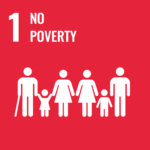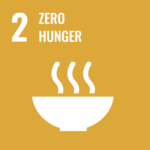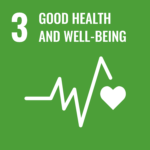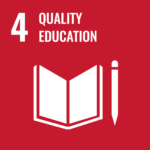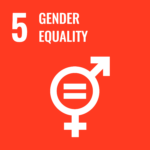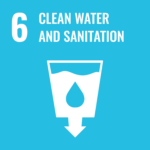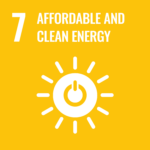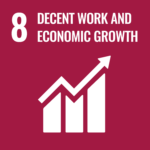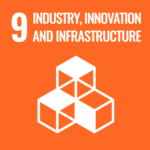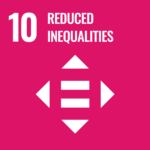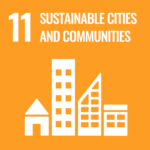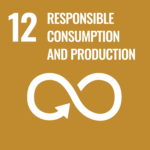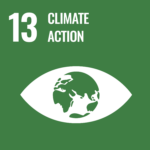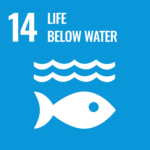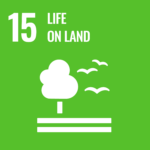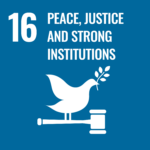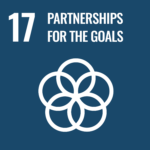12 - Responsible consumption and production
Humans and Waste: Reconfiguring the city through recycling
For almost a decade, in the center of the city of Copenhagen, a community has established themself in the area of «Fredens Havn» (Port of Peace) or " Pirate Port", as some have called it. These group of ships and floating modules are located as a maritime extension of Christiania, an alternative neighborhood in the city center of the Danish capital where people inhabit in a «free» or autonomous way. The "free city of Christiania" (Fristad) is known and recognized for being self-governing and…
Read More...
Read More...
Can a pest species earn you more than the principal crop?
In October 2020, Krishnanunni Mavinkal Ravindran defended his Master thesis at Dept. of Food and Resource Economics (IFRO), University of Copenhagen. In this article, he tells about the fieldwork experience in Ghana. Krishnanunni studied the contribution of an edible pest species - shea caterpillars - to rural livelihoods in Ghana and the accessibility constraints associated with its harvest.
Read More...
Read More...
Food innovation for a sustainable future
It is becoming increasingly more evident that meat overconsumption is problematic due to various factors and there are direct consequences to the patterns of meat consumption in excess. I met with Ph.D. student Krishnachandra Sharma Hidangmayum, at University of Copenhagen Department of Food Science, to learn about his insights in the subject and the work he has done to advance sustainable solutions in food innovation.
Read More...
Read More...
ELLS student conference – connecting life science students, sharing research
There are many opportunities for European and non-European students to travel around in Europe and in the world to meet other students and different realities. DDRN university intern, Dori Zantedeschi, joined the ELLS conference 2019 for life science students in Uppsala, Sweden, Here she introduces the conference and interviews three non-European students.
Read More...
Read More...
“We need to spread our knowledge”
Dr. Firdaus Yusoff came to Denmark to study the biofuel process. He left with much more than just academic achievements. The stay in a foreign country sparked his scientific curiosity and convinced him to emphasize that scientists need to serve the public by sharing results and knowledge.
Read More...
Read More...
How much damage did your trip to Roskilde Festival do to the environment, this year?
Most young people are becoming increasingly aware of their environmental impact, making sensible decisions on a daily basis, to reduce their carbon footprint, and to improve upon their self-sustainability. This involves continuously implementing sacrifices into daily life, for the benefit of the planet. Unfortunately, choosing to spend part of your summer at a festival can be a huge strain on your overall footprint.
Read More...
Read More...
Smart Choices, Smart Clothes
One stroll around pretty much any modern day fast fashion store, and the scale of production and waste that comes hand in hand with our shared love of having the new ‘look’, is apparent. From the vast amount of waste made purely ‘in-house’, to its international reach, the modern fast fashion industry poses a number of problems
Read More...
Read More...


